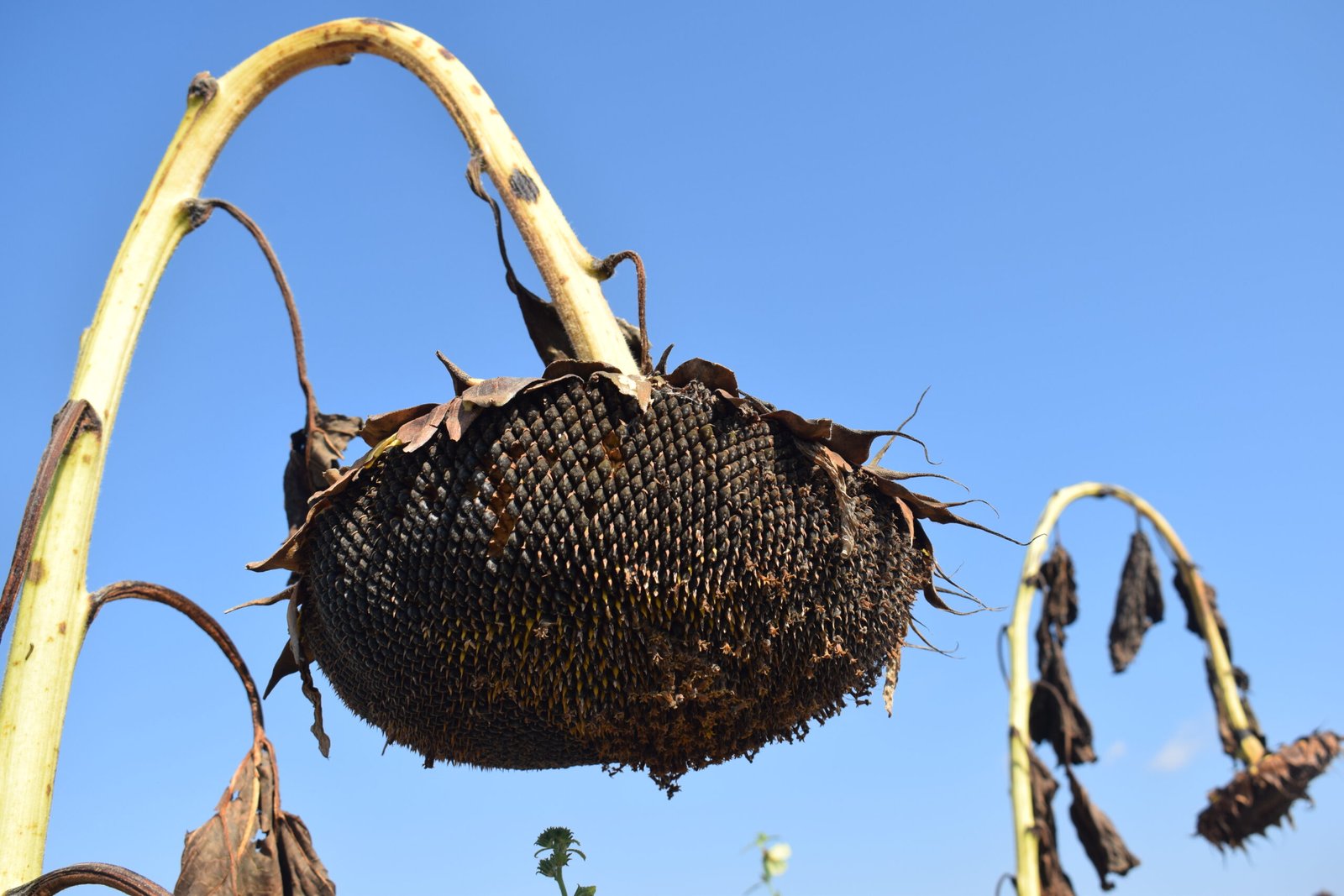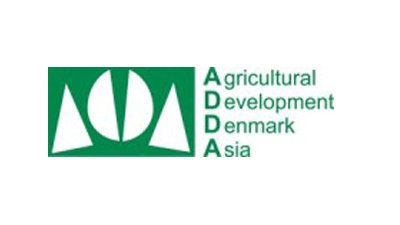Regions Covered:
In regions of Dodoma (Mpwapwa, Chemba, Kondoa and Kongwa districts) and Manyara (Kiteto district).
Target Beneficiaries:
12,000 Smallholder Farmers (Organic and Conventional), women 50% (6,000) and Youth 60% (7,200)


Market Facilitator:
ADDA
Project Partners:
Implementing Partners (MA): MTANDAO WA VIKUNDI VYA WAKULIMA TANZANIA (MVIWATA) Off-takers/Buyers: Qstek Farming Limited – based in Manyoni (Conventional sunflower) & Tentation Bio – based in France (Organic sunflower) Service Providers Access to Seeds – QDS Producers, ASA, TARI and TOSCI Access to Finance – Banks (CRDB, NMB, PASS) Organic certification – Control Union Business service providers – SESS, SIDO Advocacy and dialogue – RAS, DAICO & DCDO
Project Goal:
To improve the livelihoods of up to 12,000 productive poor (organic and non-organic) and their households by increasing employment opportunities and thereby incomes of vulnerable small-scale farmers living below the official poverty line.

Project Duration/Budget:
USD 200,000 | 10 Months
Identified Systemic Constraints:
- Poor accessibility and affordability of improved organic sunflower seeds.
- Inadequate access to financial services because SHFs are not aware of available financial products/services and eligibility criteria for the same.
- Poor business and entrepreneurship skills among SHFs.
- Poor access to Rural Advisory Services (RAS).
- Limited knowledge of climate change effects
- Lack of access to reliable market for organic and conventional sunflower grains.
Interventions:
- Facilitation of registration and documentation of 12,000 small-scale farmers for organic and conventional certification according to local and international. Promote
- facilitate the linkage between 12,000 small-scale farmers with off-takers under a contract farming model where price, delivery terms, and payments are clearly stipulated.
- Facilitate and promote the use of correct (improved) seeds for organic and conventional sunflower production.
- Increased facilitation on postharvest handling and management technologies and practices.
- Facilitate farmers to access different financial services by linking them with various local and major financial institutions.
- Facilitate farmers to access various rural advisory services at a lower price and in a sustainable manner (provided by the Government and private sectors while strengthening services provided by the project) including introduction and integration of climate-smart agriculture practices and technologies.